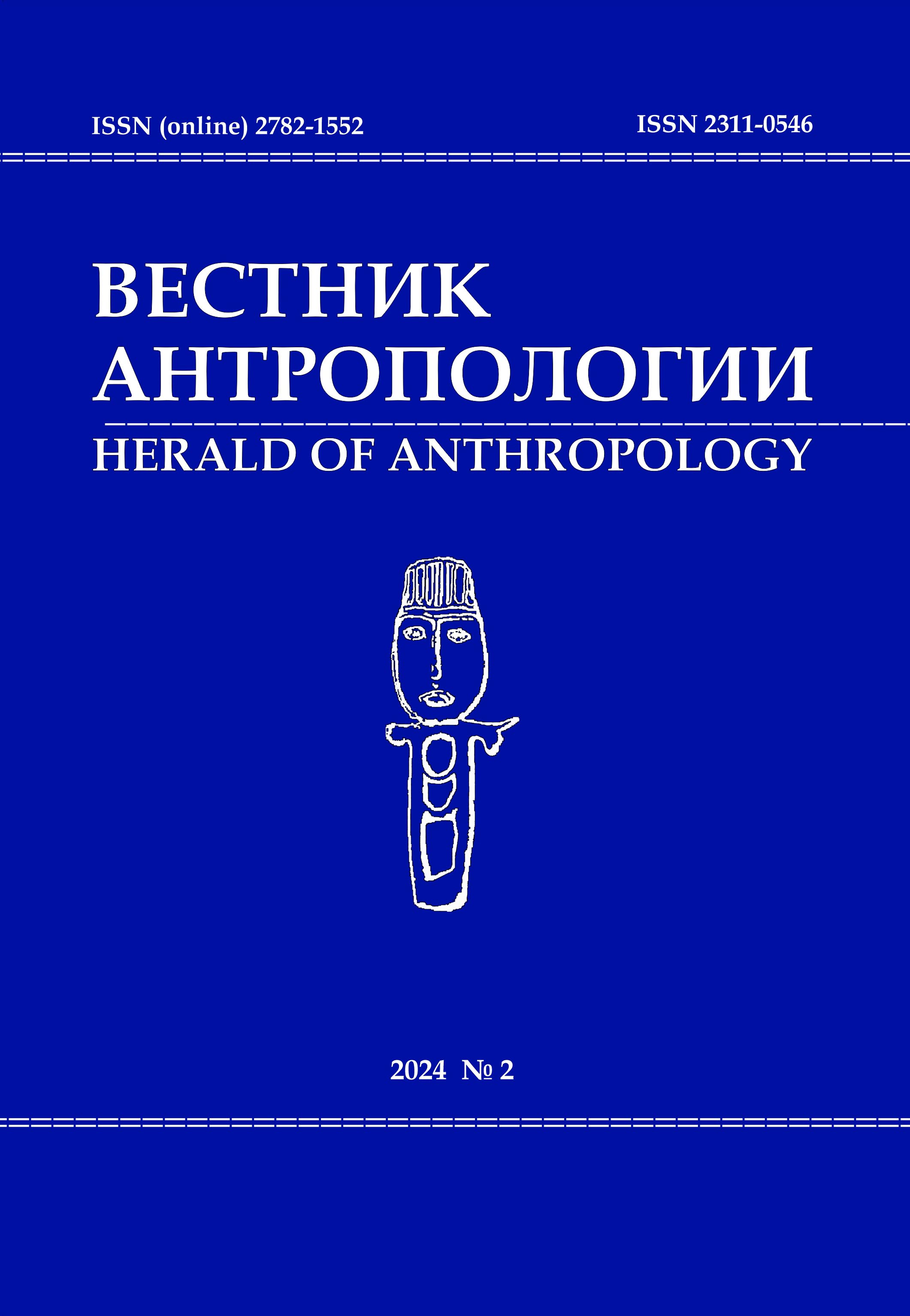The Persistence of Traditions in the Cultural and Economic Life of the Bashkir Tabyn Clan
DOI: 10.33876/2311-0546/2024-2/277-287
Keywords:
traditions, Bashkirs, expedition, National Museum of the Republic of Bashkortostan, museum fundAbstract
The article examines the persistence of traditions in the Bashkir rural hinterland in modern conditions and the practice of museumification of ethnographic material. Members of the Bashkir family Tabyn, who live in the basin of the Zilim river in the Gafuri district of the Republic of Bashkortostan, have been breeding Bashkir horses since ancient times. The horse was and remains an indispensable assistant in the household. Occupations, mentioned in the written sources of the XVIII-XIX centuries as typical for the Tabyn clan, are practiced by them to this day. Bashkirs breed horses, collect honey (both from domestic and semi-wild bees). Commercial and artisanal occupations are also associated with cattle breeding and bee-keeping. Men make sledges, carts, horse harnesses and wooden vessels for making kumis and storing honey. The items are made not only for personal use, but also for sale. Bashkir families also willingly accept tourists who come to relax in the tranquility of nature, offering to ride a horse, treat themselves to kumis, honey and mead. Tabyn masters receive orders from historians and restorers for horse ammunition to be used in various Russian and republican historical reenactments (for example, the participation of Bashkir horsemen in the Patriotic War of 1812). Thus, age-old traditions are not only preserved, being passed on from generation to generation, but have also acquired new significance in modern life.





















